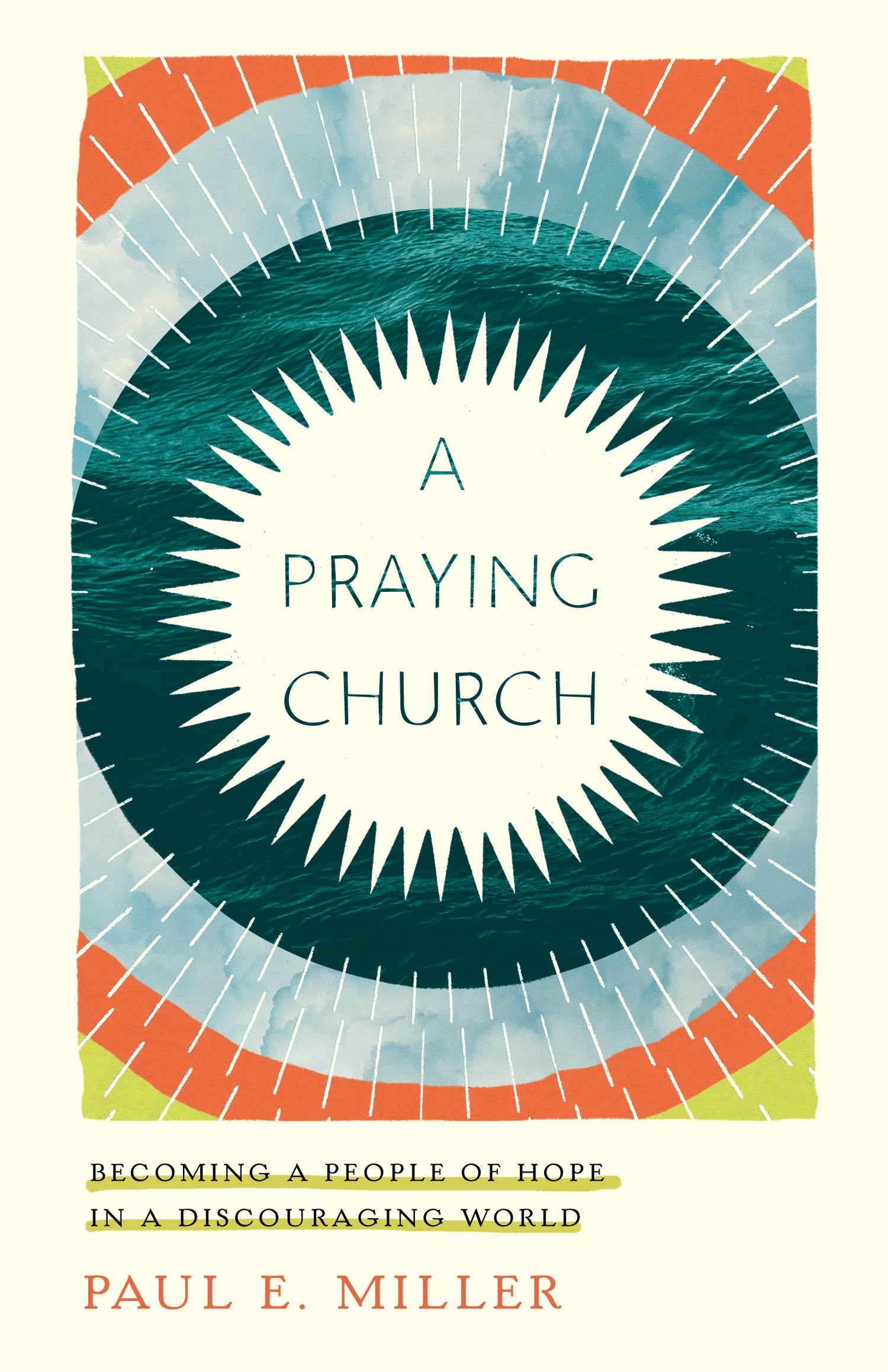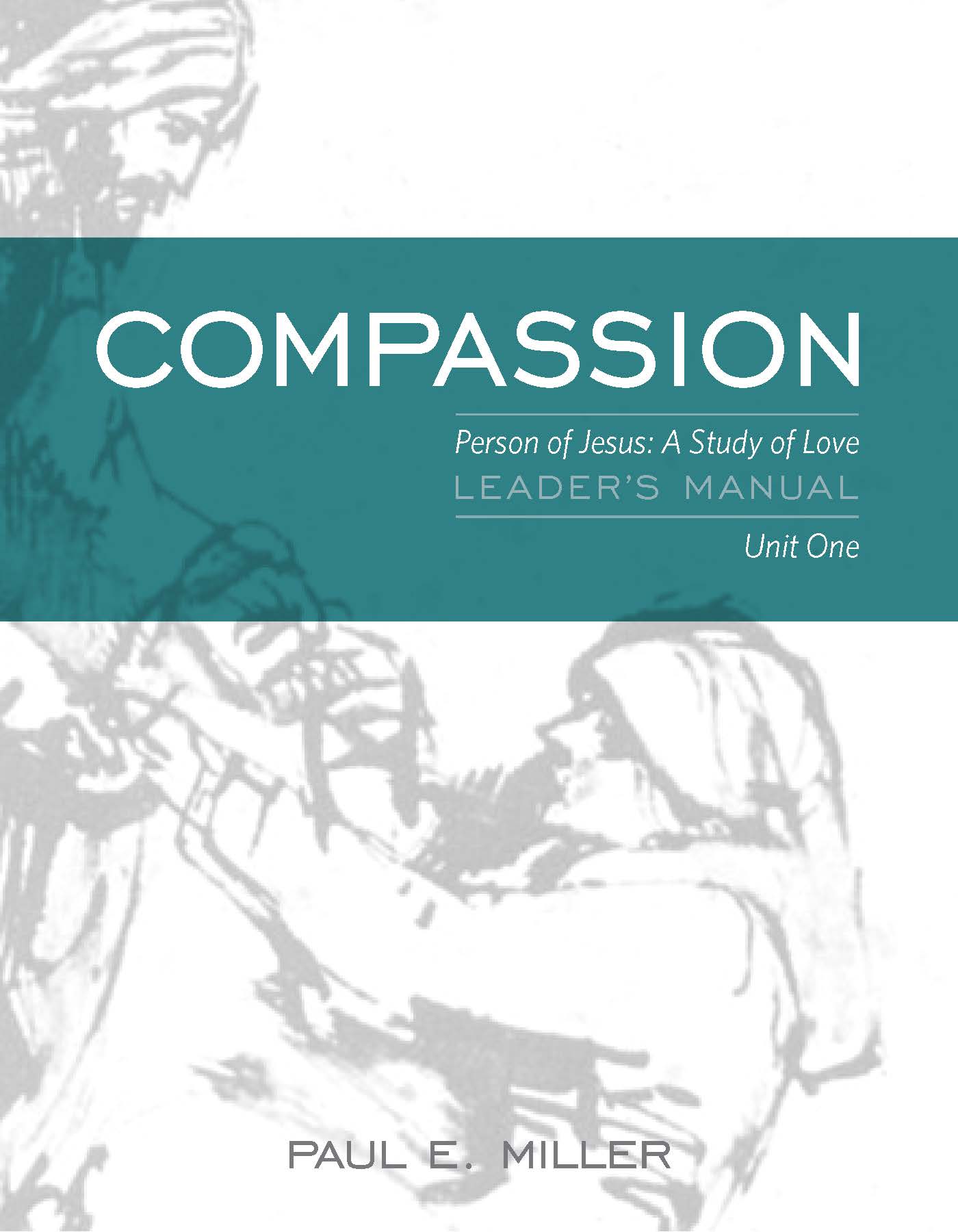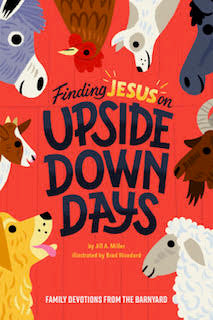Years ago, I sensed something hard lurking in the background with a close friend, but I hesitated to ask about it. It felt safer not to pursue the conversation. In his kindness, God brought all that “unsafe” stuff out, and my friend and I navigated some bumps, eventually emerging as better friends for having grown through it. In the midst of that hard season, I had a flash of insight: if God is light and in him is no darkness (1 John 1), then safety is always on the side of light and truth.
That moment of epiphany – don’t flee the truth, welcome it – conflicted with the views of honesty I’d soaked up from the world around me. Somewhere along the way I’d become the “Environmental Protection Agency for the Emotional World.” Honesty was always preceded with a semi-apology (as in “well, to be honest…”) and Lord willing, you wouldn’t even have to finish your sentence to be understood. The idea that honesty – even somewhat painful honesty – could be good for my soul and the soul of my friend was a revelation.
The idea that honesty – even somewhat painful honesty – could be good for my soul and the soul of my friend was a revelation.
Since that time, I’ve been immensely helped by watching how Jesus “does” honesty in The Person of Jesus study’s second unit, Honesty. It reminds me of the soul-fortifying goodness of honesty – something lost in both my apologetic honesty and the angry honesty abundant on social media. Here are a few examples:
- Jesus gives honesty as a gift. Jesus says to those jostling for the position of honor at Luke 14’s dinner party: “When someone invites you to a wedding feast, do not take the place of honor…” It’s the kind of thing we moms teach our kids not to say at a social gathering. Later, Jesus admonishes the host that he’s invited entirely the wrong crowd (people who can pay him back). Jesus isn’t speaking to get something off his chest; he’s trying to give them wisdom for a beautiful life. His honesty is a gift like the composer giving the correct pitch to a struggling musician. Do I see being honest as a way to give a gift?
- Jesus loves plainspoken people. The study looks at how Jesus relates to the Pharisees, who often say the opposite of what they mean, and the disciples, who lack any kind of pretense. Jesus is drawn to people whose insides and outsides match. I’ve thought of this often in my communication work – am I saying this as simply as I can? Is this unnecessarily complex? Am I somehow masking my actual meaning in what I’m writing?
- Jesus’ honesty is willing to wait. In Mark 14, Jesus tells Peter he will fall away that very day. Peter insists he will not. Jesus lets Peter have the last word in that argument. Paul Miller often talks about how Jesus “leaves room,” and we see here how he leaves room with his honesty. Am I willing to leave room when I attempt to give the gift of honesty and the recipient doesn’t welcome it with open arms?
In The Horse and His Boy, C.S. Lewis pictures the freedom that comes as we learn from Jesus how to live and love. In the city of Tashbaan—the capital of the Calormenes—“there is only one traffic regulation, which is that everyone who is less important has to get out of the way for everyone who is more important; unless you want a cut from a whip or a punch from the butt end of a spear.” The main character Shasta glimpses the Narnians walking though town. He observes, “Instead of being grave and mysterious like most Calormenes, they walked with a swing and let their arms and shoulders go free, and chatted and laughed. One was whistling. You could see that they were ready to be friends with anyone who was friendly and didn't give a fig for anyone who wasn't. Shasta thought he had never seen anything so lovely in his life.”
What if we Christ-followers learned to give and receive the gift of honesty?
Our world is taut with conflict. What if we Christ-followers learned to give and receive the gift of honesty? What if our honesty was patient and willing to wait? If our words were simple and low on drama? Let’s learn to live and love from Jesus, let our arms and shoulders go free, and whistle!
Be inspired and equipped by how Jesus models this for us in Honesty, the second unit of The Person of Jesus study. To learn more, you can download a PDF of the first lesson, listen to a podcast on this topic, or read about what's new in this study.








